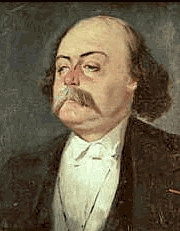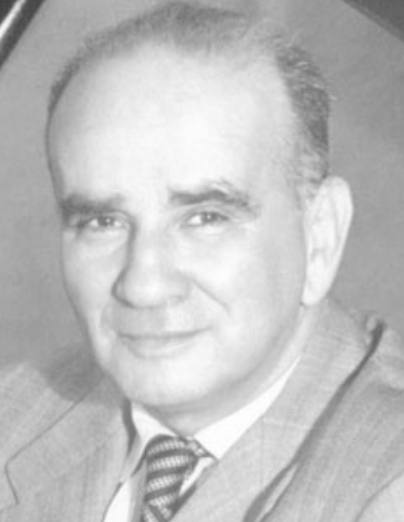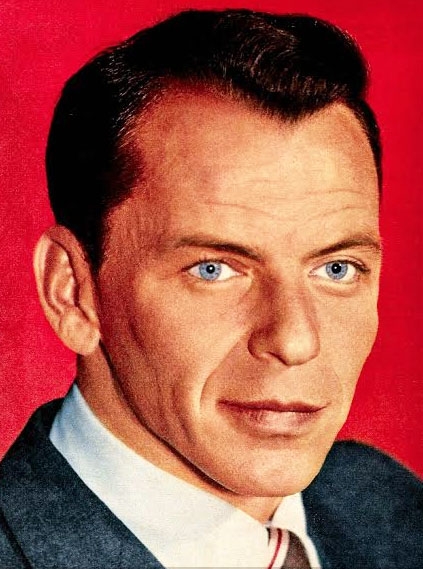December 12
Gustave Flaubert

On this date in 1821, novelist Gustave Flaubert was born in Rouen, France. Destined by his family for medicine, Flaubert preferred the world of literature. He traveled widely for nearly two years and ascended to the top of the Great Pyramid in Egypt. After trying his hand at poetry, Flaubert became a novelist. His classic, Madame Bovary, which took him five years to write, was published in 1857. Its realistic portrayal of adultery offended religious sensibilities. Flaubert was criminally prosecuted but escaped conviction.
His friends and correspondents included many leading skeptical literati of his day, including Zola, George Sand and Turgenev. Flaubert wrote four other novels, including Salammbo (1862) and The Temptation of Saint Antoine (1874), which reveals some of his skepticism, a book of short stories and a play. He is widely quoted as saying, “It is necessary to sleep upon the pillow of doubt.”
He was a pantheist and devotee of Spinoza. He never married and suffered from epilepsy and veneral diseases, dying of a cerebral hemorrhage at age 58. He died in Rouen, a city on the River Seine where he was born. (D. 1880)
“And I can’t admit of an old boy God who takes walks in his garden with a cane in his hand, who lodges his friends in the belly of whales, dies uttering a cry, and rises again after three days; things absurd in themselves, and completely opposed, moreover, to all physical laws, which proves to us, by the way, that priests have always wallowed in squalid ignorance, and tried to drag whole nations down after them.”
— Pharmacist in Flaubert's "Madame Bovary" (1857)
Jay Gorney

On this date in 1894, songwriter Jay Gorney (né Abraham Jacob Gornetzsky) was born in Bialystok, Russia (now part of Poland). His family emigrated to the U.S. when he was 9, settling in Detroit. He graduated from the University of Michigan Law School in 1917 but practiced law only briefly before moving to New York City to write songs on Tin Pan Alley.
The composer of “Brother, Can You Spare a Dime?” was a nonbeliever who ended up being blacklisted for his liberal views. He discovered Shirley Temple, for whom he wrote her first movie song “Baby, Take a Bow” (in “Stand Up and Cheer”). He wrote such standards as “You’re My Thrill” and “What Wouldn’t I Do for That Man?” plus hundreds of popular songs for theater, film and television. “We were not a religious family,” his widow Sondra Karyl Gorney said in a telephone interview. She wrote the 2005 biography Brother, Can You Spare a Dime? The Life of Composer Jay Gorney.
Gorney had a son with his first wife, Edelaine Roden, and two children with Sondra, whom he married in 1943 before a justice of the peace. Earlier that year, his first wife had married his collaborator, lyricist Yip Harburg.
He died of Parkinson’s at age 93 at the Jewish Home and Hospital for the Aged in Manhattan, with a memorial held at the New York Public Shakespeare Theater. (D. 1990)
Congress shall make no law respecting the establishment of religion,
Or prohibiting the free exercise thereof,
Or abridging the freedom of speech
Or of the press
Or the right of the people peaceably to assemble
And to petition the government for a redress of grievances —
That’s the Bill of Rights.
Don’t lose it!— A verse Gorney sang during his 1952 testimony before the House Un-American Activities Committee, "Brother Can You Spare a Dime?" by Sandra K. Gorney (2005)
Frank Sinatra (Quotes)

“There are things about organized religion which I resent. Christ is revered as the Prince of Peace, but more blood has been shed in His name than any other figure in history. You show me one step forward in the name of religion and I’ll show you a hundred retrogressions. Remember, they were men of God who destroyed the educational treasures at Alexandria, who perpetrated the Inquisition in Spain, who burned the witches at Salem.* Over 25,000 organized religions flourish on this planet, but the followers of each think all the others are miserably misguided and probably evil as well. In India they worship white cows, monkeys and a dip in the Ganges. The Moslems accept slavery and prepare for Allah, who promises wine and revirginated women. And witch doctors aren’t just in Africa. If you look in the L.A. papers of a Sunday morning, you’ll see the local variety advertising their wares like suits with two pairs of pants.”
“As I see it, man is a product of his conditioning, and the social forces which mold his morality and conduct — including racial prejudice — are influenced more by material things like food and economic necessities than by the fear and awe and bigotry generated by the high priests of commercialized superstition. Now don’t get me wrong. I’m for decency — period. I’m for anything and everything that bodes love and consideration for my fellow man. But when lip service to some mysterious deity permits bestiality on Wednesday and absolution on Sunday — cash me out.”
— Sinatra, born on this date in 1915. (Interview, Playboy magazine, February 1963)
*EDITOR’S NOTE: There is no evidence that alleged witches were burned in North America. That did happen in Europe, however. Sinatra’s claims about more people being killed in Jesus’ name is also unsubstantiated, although certainly millions have been. Likewise, it’s not been demonstrated that Muslims supported slavery more than Christians or some other religions.
—
